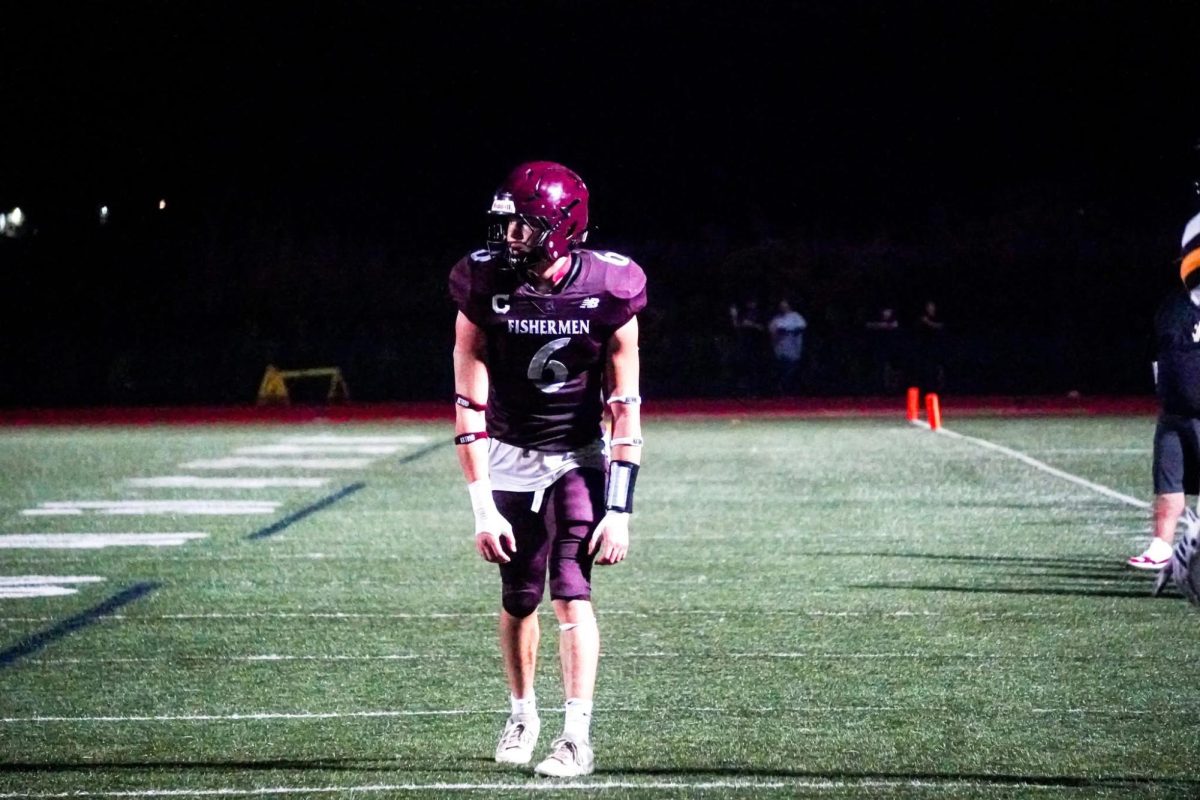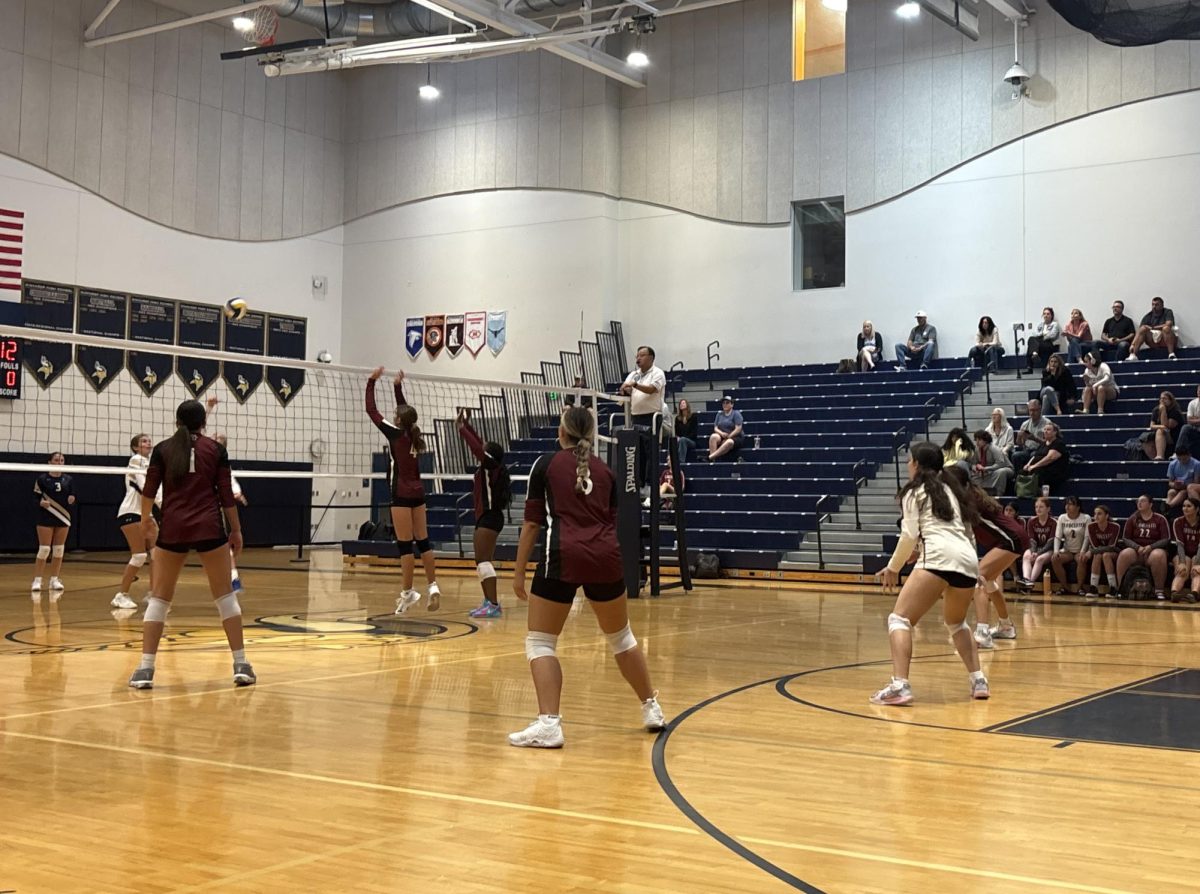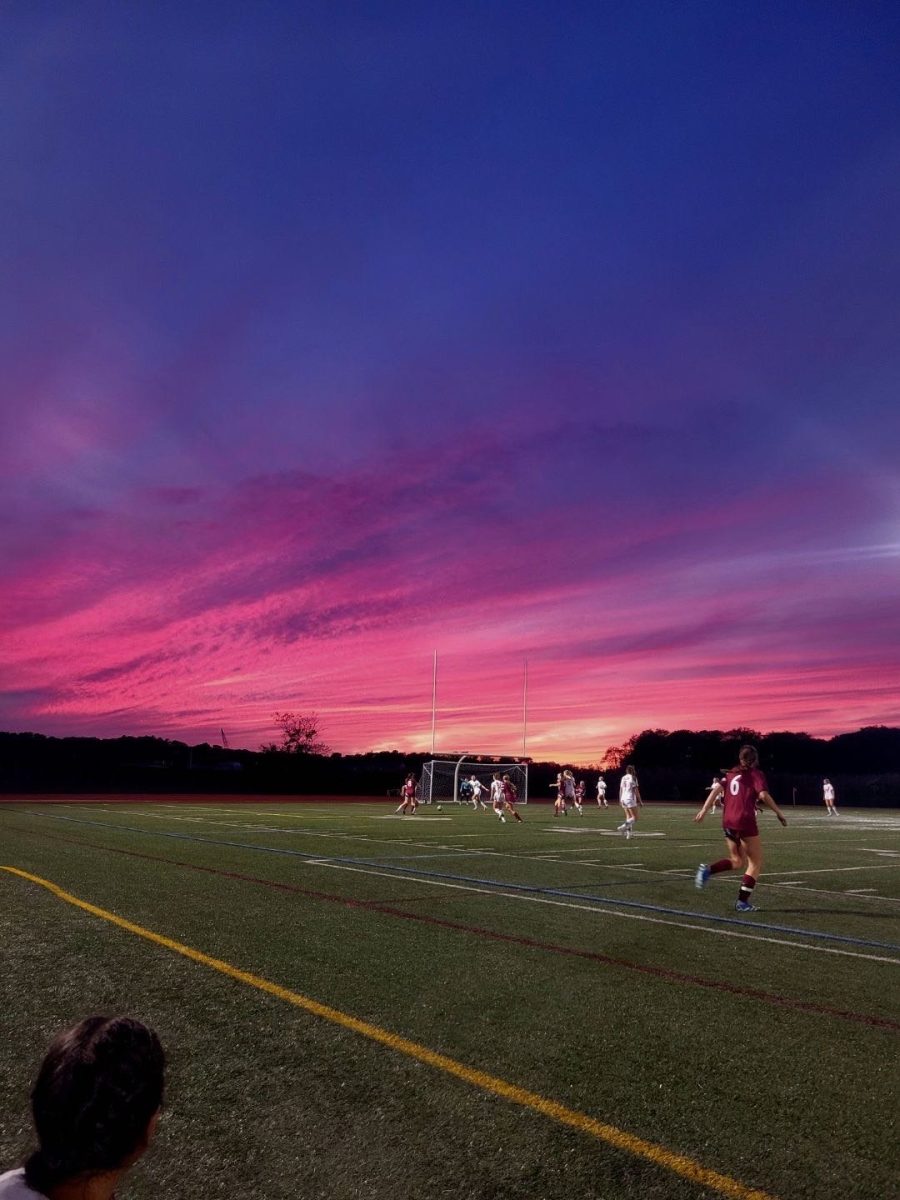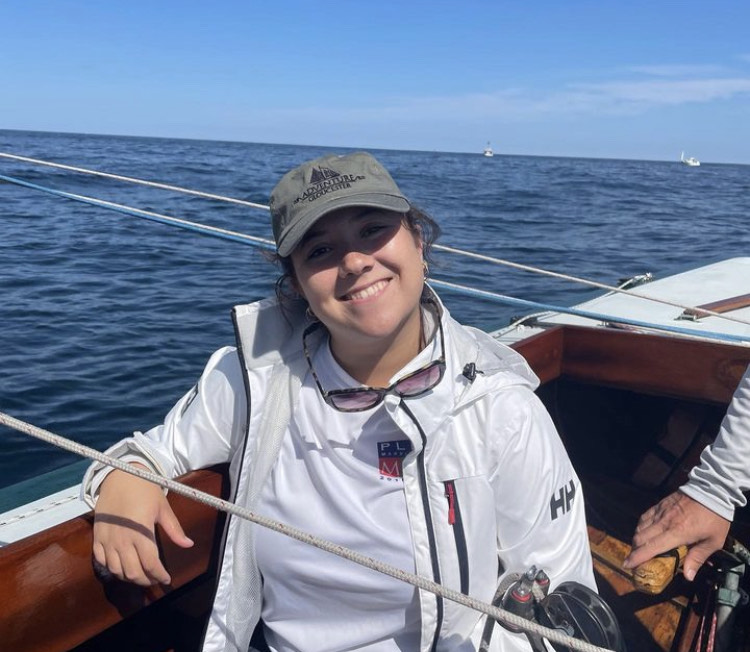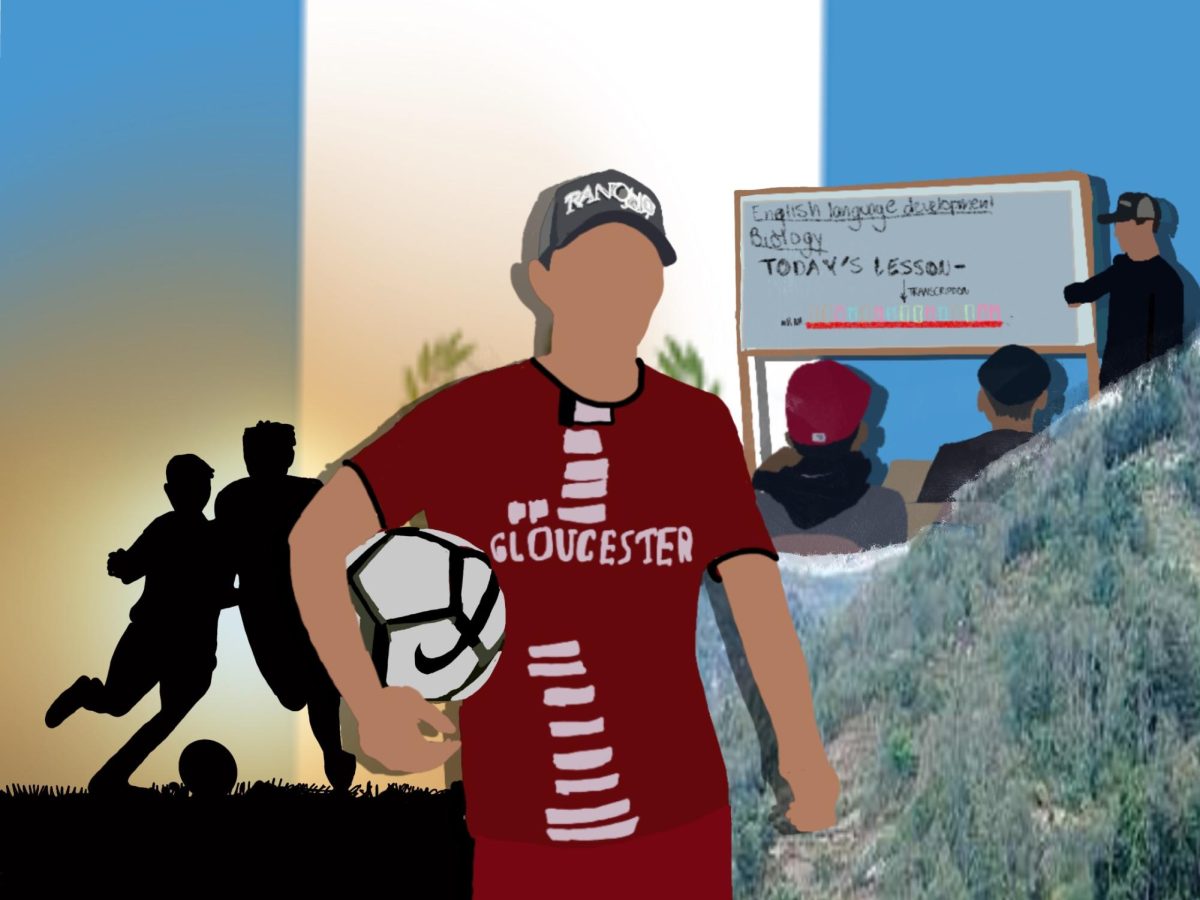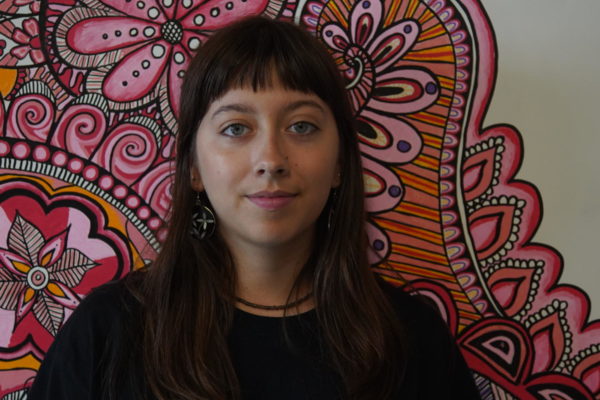Meet Olivia. Olivia Hogan-Lopez graduated from GHS in the class of 2022, armed with an impressive array of achievements under her belt and full of passion for human rights and STEM. Olivia was accepted into Harvard, one of the top colleges in the world. Olivia has had a rich history with GEF, with many of her clubs and initiatives being funded directly by GEF grants, from bringing books to rural Mexico to fighting for gender parity in the sciences. Her love of the natural world has led her to study engineering and public policy within the field of environmental science. Olivia is also a talented sailor on the Harvard sailing team, feeding her passion for the ocean. Olivia is going into her sophomore year prepared to dive into her coursework and continue fighting for positive change.
What are you studying right now in college?
I’m currently undeclared for my major, I’m going to declare very soon. I’m going to be doing a combined major of environmental science engineering and also environmental science public policy. I’ve always liked science, and in terms of public policy, I think that it’s really important that we’re able to combine it with the science. I think in many cases, the scientists and the politicians are very separated, so I think it’s really important to have people that are educated on both sides so that we can make effective change.
When you were at GHS, what were your main extracurriculars?
I was on the sailing team, and I was in a couple clubs. I started a couple fundraising groups, like Books for Mexico, which collected donations so that I could bring school supplies to the town in Mexico where my dad is from. I also helped with Hats for the Homeless, and I started the Gender Equity in STEM group, which GEF helped to fund. Leading through that group has really helped me grow, it’s something I really enjoyed and would’ve needed going into high school. I’m grateful that GEF was able to help me start it, so that other students could have access to it.
How do you feel like your interest in sailing led you to where you are now?
I’m sailing for the Harvard team, and that’s something I’m very passionate about. I think a big part of the reason I’m interested in the environment is because of the ocean, and because of sailing. My potential major in environmental science engineering is incredibly broad, you could study the atmosphere, soil, anything. That was something I had to discuss with my college advisor, because I wanted to do a dual concentration and I needed to narrow it down somehow. I told him that all I know is I wanted it to be connected to oceanology. When you’re talking about public policy, there’s a lot to talk about involving the ocean, like overfishing for instance. That has a lot to do with growing up in Gloucester and sailing.
Same question, but for the Gender Equity in STEM group.
In terms of the Gender Equity group, it helped me realize how passionate I am about equity, and having equity in STEM across all genders and races. It definitely helped me realize how important it is to advocate for yourself and others, and that’s one of the reasons why I want to go into public policy. I think that has to do a lot with the support I got from GEF, genuinely. They were really supportive and really helped the program take off. Because I started it my senior year, there wasn’t a lot of time to arrange for the future. It would’ve been a lot harder for me had GEF not helped with that. I always knew I wanted to be involved with science, public policy was newer for me, and I think the Gender Equity group taught me that I liked leadership positions.
Where do you think your love of STEM began? What encouraged your interest in it?
I think it was early for me. I love everything, and it’s hard for me to choose one area because I didn’t have a subject that I didn’t like. I realized in high school that I’m passionate about STEM, and understanding the world around us. I took an unusual route. Freshman year, you usually choose between biology or engineering. I told my guidance counselor that I really wanted to take both of them, and she warned me that it would be too much. I totally understand where she was coming from, but I also knew that I couldn’t choose right then between bio and engineering. In my time at GHS, the biology and engineering paths were very distinct, and I knew I wanted to do both. My guidance counselor ended up letting me take both in the end, which was lucky. I loved learning about how biology and engineering intersected, about the connections between them. My love of STEM started earlier than high school, but I think it solidified in high school.
How did you come to the idea to start the Gender Equity in STEM group?
GEF approached me, which is sort of unusual. Ms. Cafasso, who taught chemistry at GHS, talked to a lot of people, and I think a lot of teachers realized early on how important it was to have the group. It caught on with the students pretty well, as the group started with around 13 people and has now grown to over 30. I advocated for gender equity to my STEM teachers, and then I formed a relationship with GEF. I’m grateful that they came so willing to help.
If everything goes perfectly for you post-college, where do you see yourself ideally?
Honestly, there are so so many options, especially since I’m lucky enough to be going to college where I’m going. Right now, the deciding factor for me is I want to do some research in school, maybe write a paper, and depending on how that goes I’ll have to choose between graduate school or possibly joining the Peace Corps. I’m studying public policy, so I could go into law if I wanted. There are a lot of things I could do. One thing is for sure, I want to work on the ocean, and I want to help people.
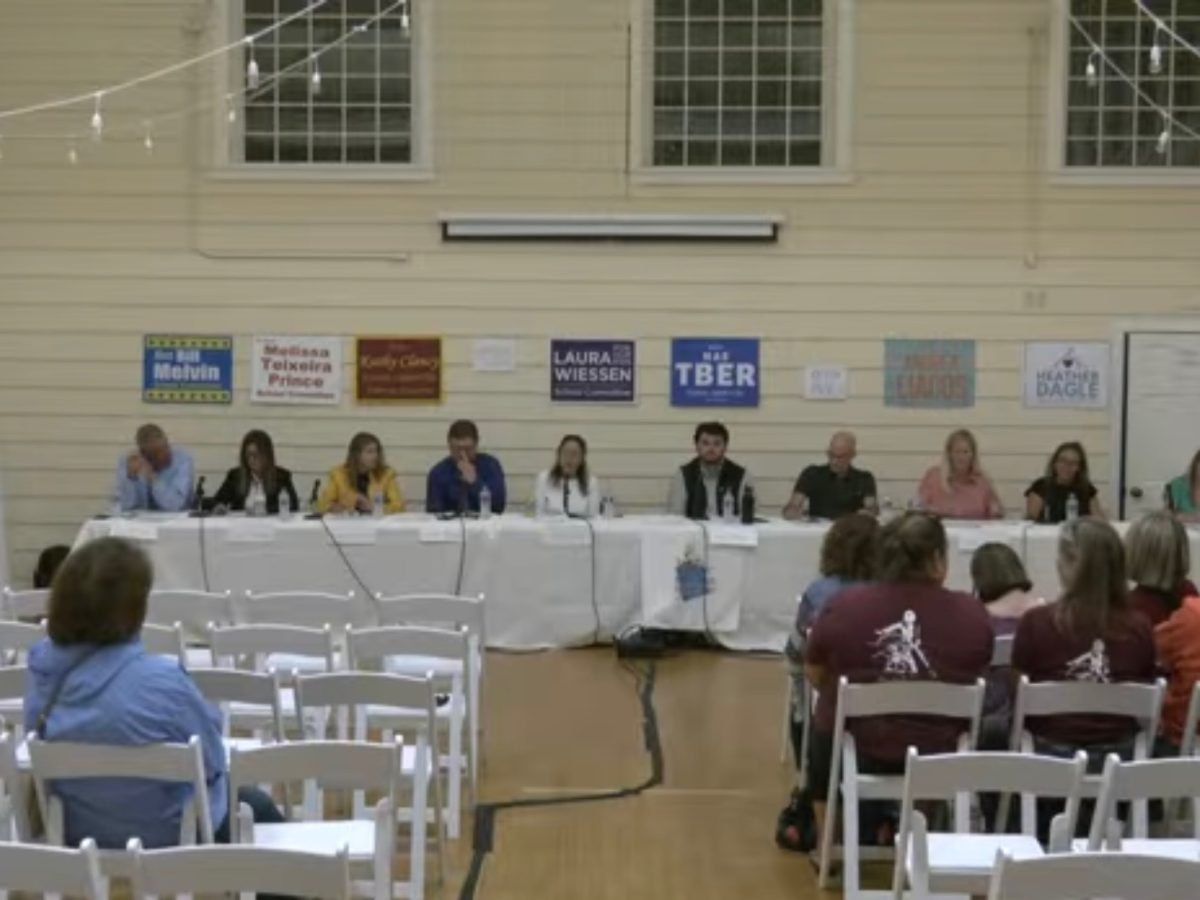


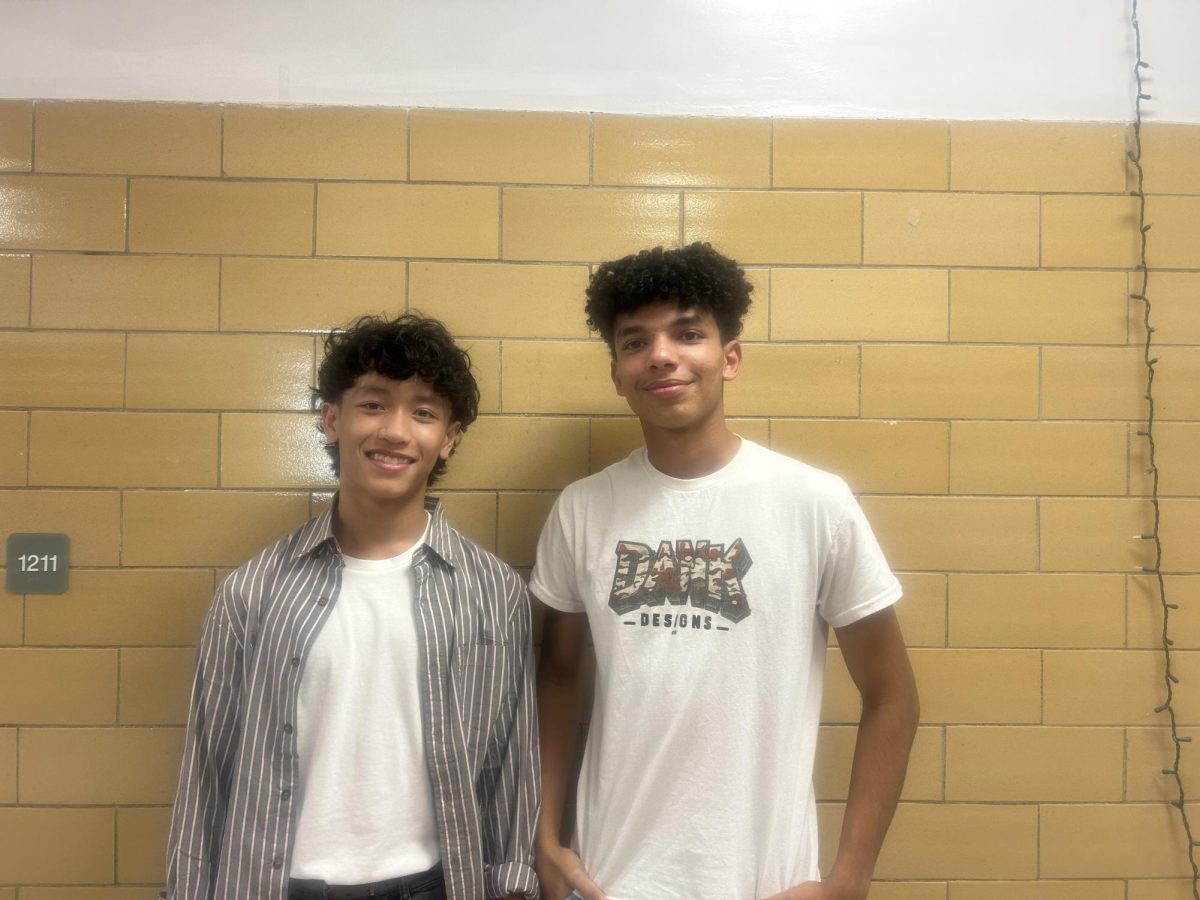
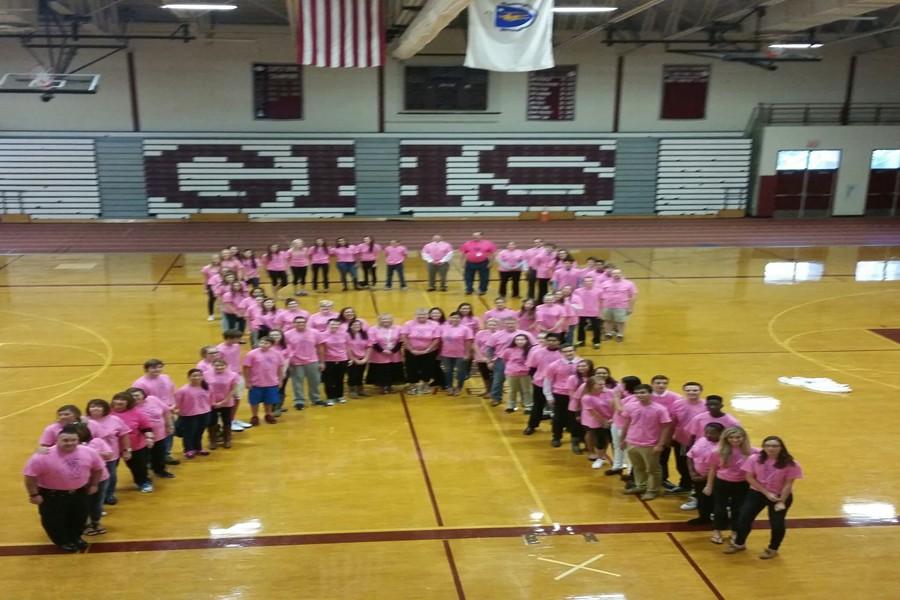






![The GHS/MERHS senior cross country runners pose together on Senior Night. [Photo courtesy of Manchester-Essex Athletics]](https://thegillnetter.com/wp-content/uploads/2025/10/Screenshot-2025-10-10-at-11.18.29-AM.png)
